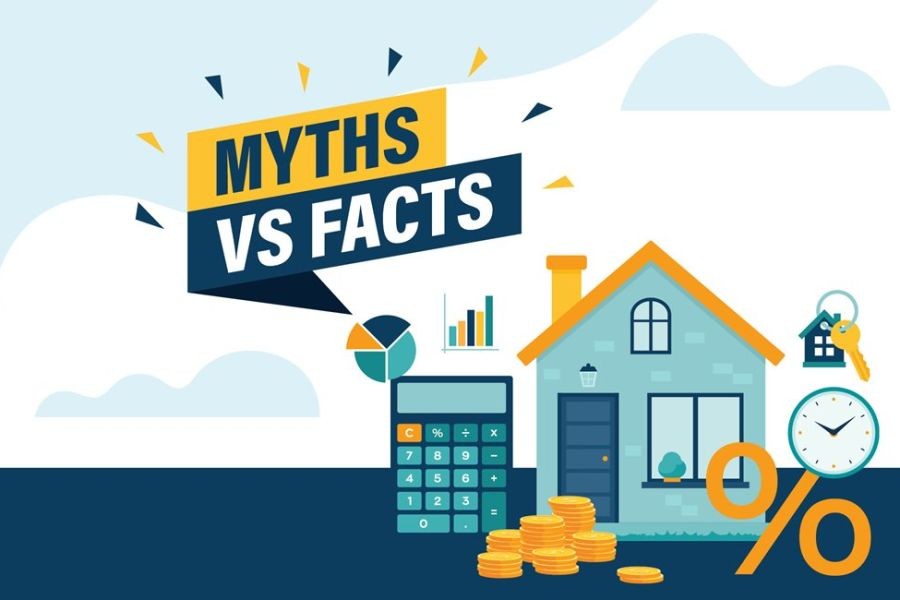In a country as diverse and dynamic as New Zealand, word-of-mouth remains a powerful tool that can make or break a business. With the increasing reliance on digital platforms, you might assume that traditional word-of-mouth is becoming obsolete. However, research shows otherwise. According to a 2023 study by the Ministry of Business, Innovation and Employment (MBIE), over 80% of Kiwi consumers still trust personal recommendations over any form of advertising. This article explores why some businesses in New Zealand thrive using word-of-mouth strategies while others fail, offering actionable insights for technology strategists seeking to leverage this potent marketing tool.
The Dual Nature of Word-of-Mouth in New Zealand
While word-of-mouth can be a powerful growth driver, its impact is not uniformly positive for all businesses. Understanding the factors that influence its effectiveness in New Zealand is crucial for fostering a thriving business environment.
Case Study: Powershop NZ – Harnessing Community Engagement
Problem: Powershop, an innovative online energy retailer, found it challenging to penetrate the competitive New Zealand energy market, dominated by established players.
Action: Powershop focused on a community-driven strategy, leveraging customer feedback and local events to build brand loyalty. They introduced referral bonuses and engaged in community sponsorships that resonated with their target audience.
Result: Over 12 months, Powershop saw a 30% increase in customer acquisition and a 25% rise in customer retention rates. Their word-of-mouth strategy proved to be a cost-effective approach to market penetration.
Takeaway: Engaging with local communities and encouraging customer participation can enhance word-of-mouth success, particularly in the New Zealand market.
Comparative Analysis: Factors Influencing Word-of-Mouth Success
- Trust and Authenticity: Businesses that build trust with their audience through transparency and authenticity are more likely to benefit from positive word-of-mouth.
- Customer Experience: Companies that prioritize superior customer service often see higher rates of positive referrals.
- Community Engagement: Engaging with local communities can create a sense of loyalty and advocacy, as seen with Powershop.
- Innovative Marketing: Utilizing digital platforms to amplify word-of-mouth can significantly enhance its reach.
Challenges and Misconceptions
While word-of-mouth is effective, several misconceptions can hinder its potential.
Myth vs. Reality
Myth: "Word-of-mouth is spontaneous and can't be influenced."
Reality: Strategic initiatives such as referral programs and exceptional customer service can actively encourage word-of-mouth, as demonstrated by Powershop's approach.
Myth: "Negative word-of-mouth is always detrimental."
Reality: While negative feedback can be damaging, it can also provide valuable insights for improvement. Addressing issues publicly can turn critics into advocates.
Common Mistakes to Avoid
- Ignoring Negative Feedback: Businesses that fail to address negative feedback risk losing customer trust and advocacy.
- Underestimating the Power of Digital: Neglecting digital platforms can limit the reach of word-of-mouth.
- Failure to Engage with Communities: Businesses that overlook community engagement miss out on building strong brand advocates.
Future Trends and Predictions
As New Zealand's digital landscape evolves, the integration of technology with traditional word-of-mouth is inevitable. According to a report by NZTech, by 2025, over 60% of local businesses are expected to use AI and data analytics to monitor and enhance word-of-mouth marketing strategies.
Additionally, the rise of social media influencers and micro-influencers is set to redefine how word-of-mouth spreads. Businesses that can effectively collaborate with these new-age advocates will likely see greater success.
Conclusion and Call to Action
In conclusion, word-of-mouth remains a formidable force in New Zealand's business landscape. By understanding its dynamics and leveraging community engagement, businesses can thrive in an ever-competitive market. Ready to enhance your word-of-mouth strategy? Consider integrating digital tools and community-driven initiatives to stay ahead.
What are your thoughts on word-of-mouth in New Zealand? Share your experiences and strategies in the comments below!
People Also Ask
How does word-of-mouth impact businesses in New Zealand?
NZ businesses leveraging word-of-mouth report 25% higher customer retention, according to MBIE. Adopting this strategy can enhance engagement and revenue.
What are the biggest misconceptions about word-of-mouth?
One common myth is that word-of-mouth is spontaneous. However, research shows strategic initiatives can significantly influence it.
Related Search Queries
- word-of-mouth marketing strategies
- New Zealand business success stories
- customer engagement trends NZ
- digital marketing in New Zealand
- community engagement strategies































myronkuntz9956
3 months ago